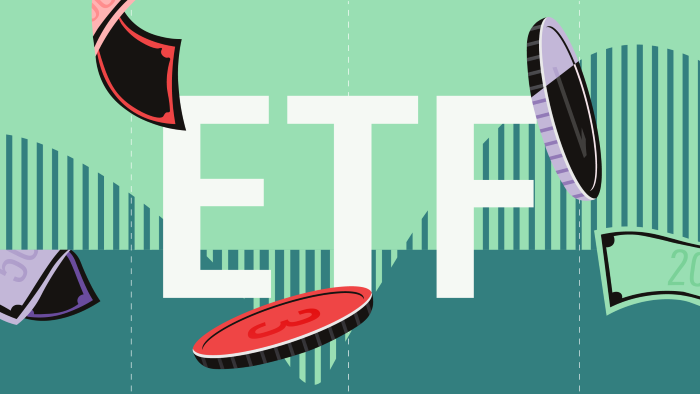
As an investment wrapper, exchange-traded funds have several beneficial characteristics. But I would argue that some have been oversold--made out to be more significant than they are. Others have been undersold--not given their due. In both cases, I think there is some mischaracterization of the benefits, missing context, or some combination of the two. Here, I will stand them up and knock them down, one by one.
Oversold: ETFs' liquidity--the ability to trade them just like stocks, during normal market hours. I think liquidity is oversold for two reasons. First, I think this framing is overly narrow. Second, I think that intraday liquidity could tempt investors to trade more often.
Undersold: ETFs' flexibility. Investors can go long ETF shares, sell them short, buy them on margin, buy and sell options on them, lend them to others to collect a fee, and more. This versatility can attract a very large and diverse investor base that uses these funds in meaningfully different ways. The diversity of ETFs' base of investors and their use cases is the foundation of healthy liquidity in ETF shares, which benefits all investors in the fund.
Undersold: The relative predictability (a concept attributed to Vanguard Group founder Jack Bogle) of index-based exposures versus traditional active strategies, most notably the elimination of idiosyncratic risks like manager risk. While some uber-vigilant investors might care about the contents of an ETF's portfolio enough to examine them every day, I think that most are attracted to the stability lent by the rules dictating the selection and weighting of the constituents of their portfolios. This is embodied in their indexes' methodologies. With index funds, there is no need to fret over whether managers might up and leave or lose their touch.
Oversold: ETFs' tax efficiency, as it relates to funds underpinned by market-cap-weighted indexes. ETFs' tax efficiency has two sources: strategy and structure. In the case of funds tracking market-cap-weighted indexes, the former is more important--all else equal.
Undersold: ETFs' tax efficiency as it relates to high-turnover, factor-oriented, and active strategies. There are 65 strategic-beta ETFs in Morningstar's database that had a median annual turnover in excess of 100% during the five years through 2019. During that span, there were just 14 capital gains distributions among them. The tax efficiency lent by the ETF structure shines through in the case of high-turnover strategies.
Oversold: ETFs' cost advantages, relative to index mutual funds tracking like benchmarks and charging like fees.
Undersold: Index mutual funds' cost advantages (no bid-ask spread, no market impact) versus ETFs for regular savers/investors--again, assuming like underlying benchmarks and fees. Investors should sharpen their pencils to see whether it's worth incurring these transaction costs.
How Exposed Is Your Equity?
Get The Global Makeup Of Equity Indexes With Our Free Tool Here




















